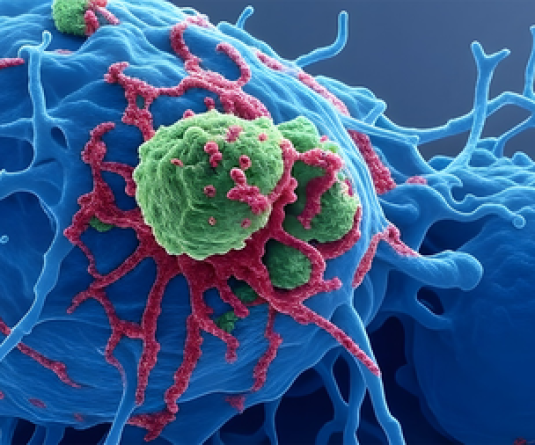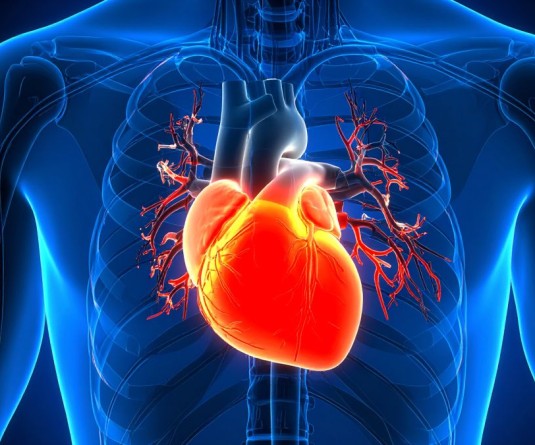Representational image. (IANS File Photo)

JERUSALEM, APRIL 21 (IANS): Does your kid love to eat ultra-processed junk foods like packaged chips, soups, hot dogs and fries? Besides the increasing risk of obesity, eating junk foods can also affect your bones, warn researchers.
A team of researchers from the Hebrew University of Jerusalem in Israel proved the linkages between ultra-processed foods and reduced bone quality, unveiling the damage of these foods particularly for younger children in their developing years in a rodent-study.
The findings showed that the rodents experienced moderate damage to their bone density, albeit there were fewer indications of cartilage buildup in their growth plates.
"Our conclusion was that even in reduced amounts, the ultra-processed foods can have a definite negative impact on skeletal growth,"said Efrat Monsonego-Ornan, Professor at the varsity.
The team surveyed lab rodents whose skeletons were in the post-embryonic stages of growth. The rodents that were subjected to ultra-processed foods suffered from growth retardation and their bone strength was adversely affected.
Under histological examination, the researchers detected high levels of cartilage buildup in the rodents' growth plates, the "engine" of bone growth. When subjected to additional tests of the rodent cells, the researchers found that the RNA genetic profiles of cartilage cells that had been subjected to junk food were showing characteristics of impaired bone development.
The team then sought to analyse how specific eating habits might impact bone development and replicated this kind of food intake for the rodents.
They divided the rodents' weekly nutritional intake -- 30 per cent came from a 'controlled' diet, and 70 per cent from ultra-processed foods.
"Even if we reduce fats, carbs, nitrates and other known harmful substances, these foods still possess their damaging attributes. Every part of the body is prone to this damage and certainly those systems that remain in the critical stages of development," Monsonego-Ornan said.






